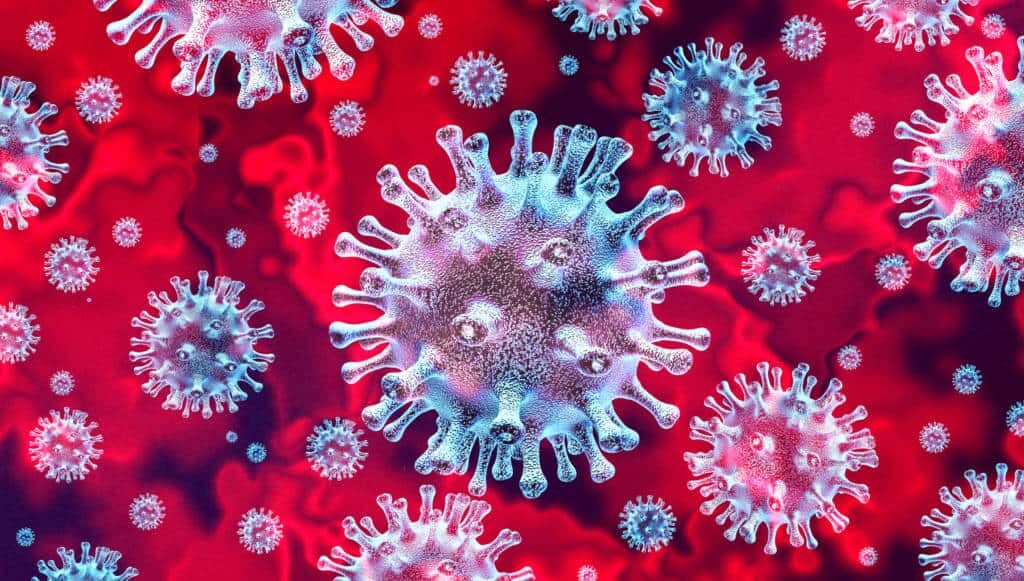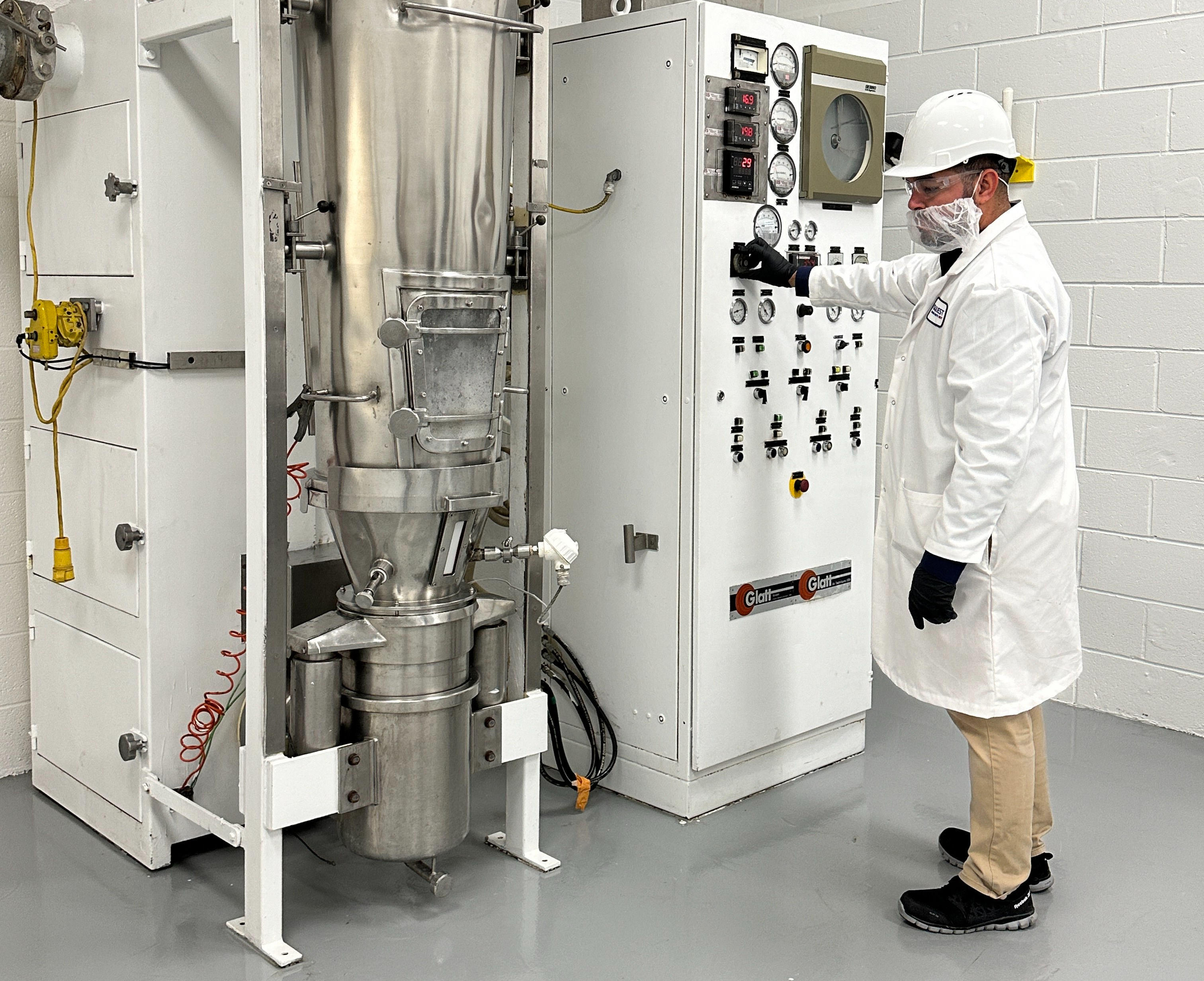- Coronaviruses are a group of viruses, common among animals. The one currently circulating is called the COVID-19, or 2019-nCoV, or novel coronavirus.
- Symptoms include a runny nose, cough, sore throat, possibly a headache, and potentially a fever, which can last a couple days.
- The disease was first found in humans on December 12, and was initially thought to be pneumonia.
- The first death was announced on January 11, 2020; a 61-year-old man had died on January 9.
- On January 21, the first U.S. case was confirmed.
- As of Tuesday, February 11, CNN reported that 43,101 people were infected worldwide, and as of Wednesday, February 12, the death toll had reached 1,100 globally.
Related: Industry Warns Against Supplements Claiming to Treat Coronavirus NPA Urges FDA: Take Action Against Coronavirus Claims Five Truths from 2019 to Turn into a 2020 Advantage
“The impact on the North American dietary supplement industry could be very, very serious,” Nowacki said. “When we talk to our customers in the dietary supplements space, some of them mention than they buy up to 70% of their ingredients from China. That would be the very highest. Some of them would be much much lower than that, but even if you're only buying 20% of your ingredients from China, that can be massively disruptive to the supply chain. As an example: We know already that Hyundai has suspended some of its production in South Korea, because some of the components they use come from China. It’s no different for dietary supplements. If I’ve got 10 ingredients in my bottle of gel caps, and only one comes from China, and it is disrupted, I can’t make that product.”Making things more complicated, he says, is the existence of semi-processed ingredients: “In our network we have country-of-origin data, where we can dissect a particular semi-processed ingredient, and tell our clients exactly where the ingredients come from.” Therefore, he says, even if a supplier isn’t based in China, that supplier might sell semi-processed ingredients that use ingredients from China, disrupting the supply chain regardless.
This disruption comes with risks, Nowacki notes. “When it comes to shortages and potential price increases and potential adulteration—the risk is all of the above. This will absolutely put a strain on the dietary supplements supply chain. It is well established that when there is a certain herb or botanical that has a very bad growing season, like vanilla, adulteration and fraud increase dramatically.”
Fortunately, the industry isn’t sitting by and letting it happen. “We can’t stop a pandemic,” Nowacki says, “but we can bring technology to bear on mitigating supply chain interruptions. We will be working with the brand owners that are our customers to deploy our network of 30,000 supplier locations, so that they can find alternative sources, so they can hopefully mitigate or minimize some of these supply chain disruptions. The advantage of having a supply chain network like this allows people to go out and look for new suppliers and new locations and new ingredients.”
And TraceGains has more coming: The company is analyzing its network to identify specific ingredients that come from China and are at heightened risk for disruption. “We’re hosting an open webinar on February 27,” Nowacki says, “and we’re in close contact with the United Natural Products Alliance (UNPA) and the Council for Responsible Nutrition (CRN). We’ll have a lot more analytics to share.” He stressed that the webinar is open to all, not just TraceGains customers. To find more details or to register,go here.
There's a more hopeful outlook from Lonza:In a press release,the company noted that Lonza has received approval from the authorities to resume production at the majority of their facilities in China: "We reiterate that we do not anticipate any disruption to our customers," the release says. The company is taking measures to protect employees and visitors, including temperature checks and the provision of disinfectants and face masks. All Lonza employees traveling from China to another country are complying with a 14-day stay-at-home policy upon arrival, to prevent potential spread of the virus.
In the meantime, keep an eye on any advertisements mentioning the coronavirus. The five leading trade associations for the natural products industry have all released statements warning that supplements cannot be used to treat or prevent the coronavirus; the statement from the Natural Products Association can be viewedhereand the joint statement from UNPA, CRN, the American Herbal Products Association, and the Consumer Healthcare Products Association can be foundhere.










